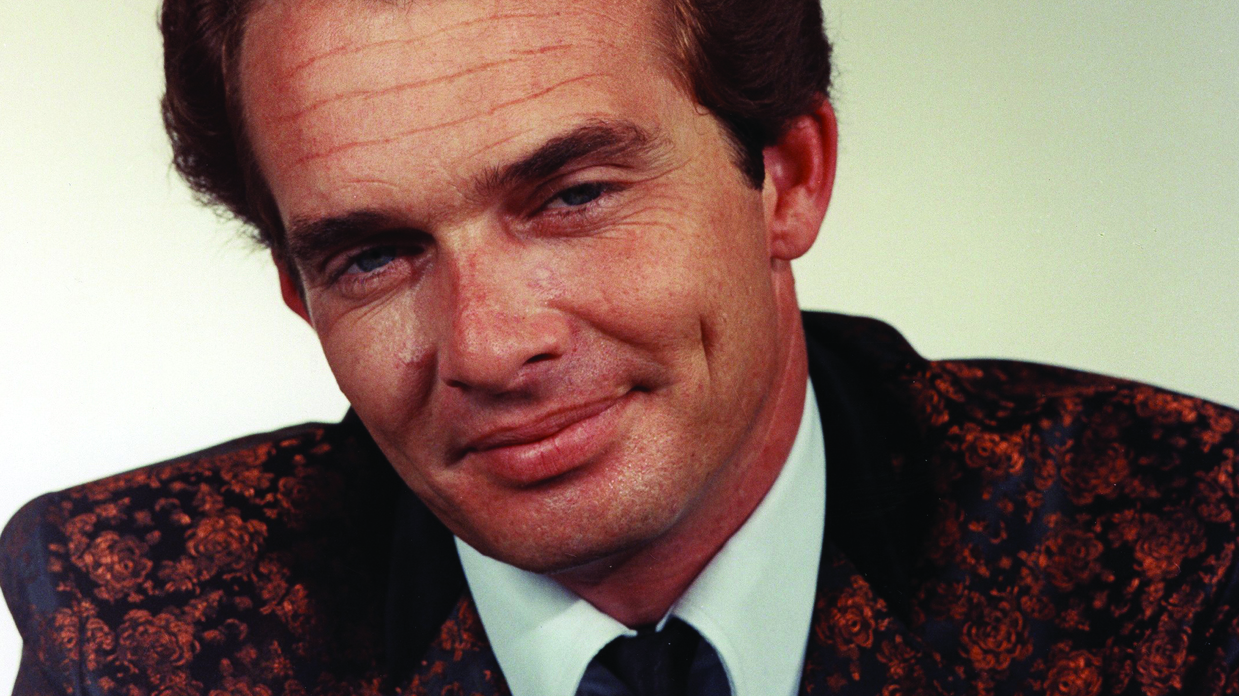The American country singer and songwriter Merle Haggard died on April 6, the day he turned 79. Haggard had been suffering from poor health for several years, yet he never ceased touring or recording. Across more than half a century, Haggard proved himself not just a great country artist but an icon of American music: as a singer, songwriter, guitarist and bandleader he set a template that won him praise from peers – Johnny Cash and Willie Nelson were close friends – and the respect of a wider audience, including many blues and soul artists.
Haggard’s life story reads like that of a novel: born in a converted boxcar to parents fleeing the Oklahoma dustbowl, Haggard grew up in Bakersfield, an oil town in central California, lost his father aged nine, had numerous run-ins with the law and, after a failed burglary, was sent to San Quentin prison. Already a gifted guitarist and singer by this time, it was seeing Johnny Cash perform in San Quentin that inspired Haggard to leave crime and aim to succeed as a country singer upon being released from prison in 1960. Haggard built a reputation for writing songs about outsiders: prison time, being on the run, drinking heavily, loving and losing were his constant themes and, signing to Capitol Records in 1965, he released his first album Strangers. Immediately successful, his songs resonated far beyond his core blue collar white audience. Gram Parsons would model his sound on Haggard and recorded a moving version of his death row ballad Sing Me Back Home, while the likes of Bobby ‘Blue’ Bland, Ivory Joe Hunter, OB McClinton, Stoney Edwards, Bettye Swann, Millie Jackson, Barrence Whitfield and Candi Staton all demonstrated how effectively his songs translated into blues and soul ballads. Indeed, Haggard’s Today I Started Loving You Again is now something of a southern soul standard.
Haggard’s greatest fame came in 1969 when he wrote and released Okie From Muskogee, a droll, reactionary anthem that proved a huge country hit and won him endorsements from the likes of President Nixon and Governor Reagan. With the USA divided over the Vietnam War and many rock and soul artists criticising the government and US society, Okie found Haggard stepping up to praise small-town values, and these include throwing horseshoes and manly footwear (‘we don’t wear Roman sandals’ is actually part of the lyric!). It’s often been debated as to how much satire Haggard intended in the song – Merle married five times and often lived outside the law (he liked drugs as much as drinking but never mentioned this in songs) – but while it’s obvious that Haggard disliked hippies he was a far more complex and contradictory figure than many would imagine, his songs demonstrating a subtlety and emotional nuance few others have matched. And when President George W Bush invaded Iraq, Haggard proved openly critical of this both in song and in interviews.
If there was one thing that Haggard remained devoted to across his life it was music: he recorded tribute albums to Bob Wills and Jimmie Rodgers, cut gospel albums in churches and prisons, recorded songs by left-field artists like Townes Van Zandt and Blaze Foley, ensured his band always consisted of top players, spoke movingly of the music that inspired him, never shifted to Nashville or embraced that city’s glitz and production line ethos and, having released dozens of albums across his long career, never got lazy and issued dross. His 2015 duet album with Willie Nelson, Django & Jimmie, finds him singing as gracefully as ever. Merle Haggard was a giant of American roots music and he leaves a remarkable legacy.
